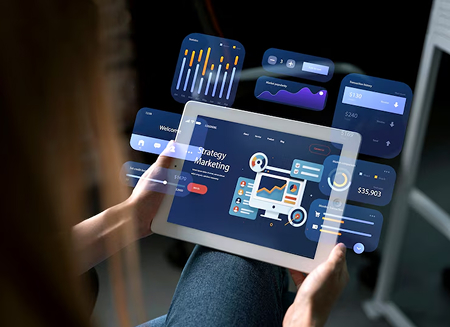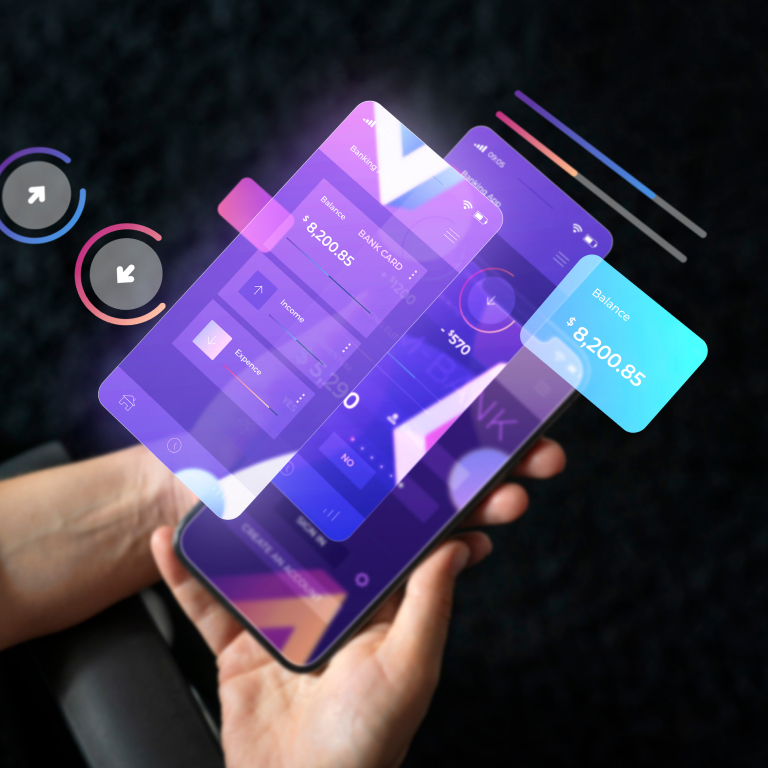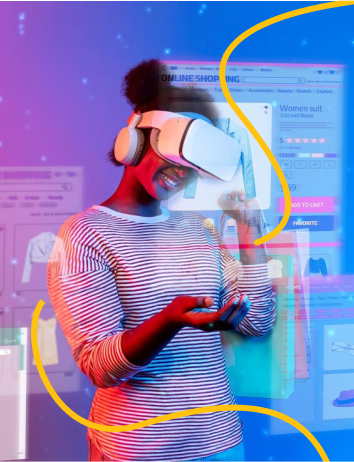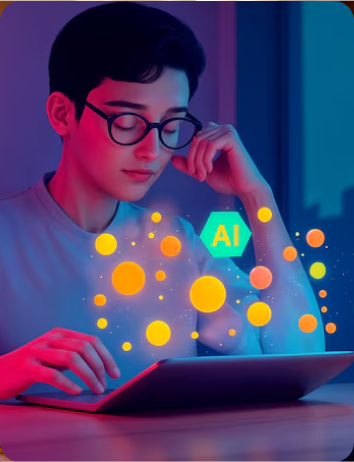In the last ten years, digital platforms have revolutionized digital marketing, redefining how brands connect, convert, and cultivate loyalty. But the next five years promise even deeper shifts, shaped by advancing technology, evolving privacy norms, and rising consumer expectations.
To stay competitive, brands must look beyond short-term tactics and build sustainable, forward-thinking strategies. Here’s what’s on the horizon.
AI Will Personalize Everything
Artificial Intelligence is redefining how brands interact with consumers. From Netflix recommending the next show to personalized ad creatives on Meta, AI is already embedded in daily life.
In the near future, predictive algorithms will power everything from dynamic pricing to content generation. Tools like ChatGPT and Midjourney hint at what’s to come: hyper-personalized, AI-assisted experiences that adapt in real time. Brands that embrace this evolution will be better positioned to build meaningful, scalable engagement.
The Rise of Answer Engine Optimization (AEO)

With the shift toward zero-click searches and voice-based interactions, traditional SEO is no longer enough. Enter Answer Engine Optimization (AEO), the strategy of optimizing content for AI-driven platforms that deliver direct answers.
Search engines like Google are increasingly prioritizing featured snippets, “People Also Ask” boxes, and AI summaries. Similarly, voice assistants pull content that’s concise, structured, and semantically rich. To stay visible, marketers need to:
AEO isn’t replacing SEO, it’s expanding it. In the coming years, visibility will depend as much on how your content is understood by machines as how it’s appreciated by people.
First-Party Data Will Drive Strategy
With third-party cookies on the decline and privacy laws tightening globally, brands are pivoting to first-party data collection. This means gathering insights directly from users, via websites, apps, and loyalty programs, while maintaining transparency and consent.
Companies investing in meaningful user experiences and value exchanges will earn this data organically. This shift makes strategy more accurate, targeting more relevant, and personalization more effective.
Interactive Content Will Lead Engagement
As user attention spans shrink, passive content is losing its impact. The next wave will be defined by interactive elements such as polls, quizzes, AR tools, live shopping experiences, and scroll-based animations that turn users from viewers into participants.
These formats not only entertain but also provide real-time data about preferences, helping brands refine their messaging on the go. It’s a win-win for engagement and insight.
The Power of Hyperlocal Marketing
While global reach is easier than ever, local relevance is becoming more important. Brands that tailor messages by city, language, or even neighborhood are seeing stronger results. For example, businesses focused on digital marketing in Delhi are adopting geo-targeted ads and vernacular content to better resonate with specific communities.
Localization, when done right, leads to better click-through rates, stronger loyalty, and increased conversion rates.
Omnichannel is the New Normal
Consumers interact with brands across multiple channels such as Instagram, email, search, websites, and expect a seamless experience across all of them. An omnichannel approach ensures that messaging remains consistent and context-aware, whether someone is browsing on mobile or engaging via a desktop ad.
Sophisticated attribution models and automation tools are making this easier to manage, allowing for better tracking and more strategic decision-making across the user journey.
Voice and Visual Search Are Growing
With the rise of smart devices and image-based platforms, consumers are moving beyond traditional keyword searches. They’re speaking queries aloud, snapping pictures, and expecting instant, relevant results.
Brands that optimize their assets for these modes like adding alt text, using conversational language, and integrating voice search compatibility, will benefit from early mover advantages.
Purpose Will Define Positioning
More than ever, consumers are choosing brands that stand for something. Sustainability, inclusivity, and social impact are no longer nice-to-haves, they're business imperatives.
Campaigns that weave authentic stories of purpose into their content resonate deeper and build long-term trust. In this landscape, relevance isn’t just about algorithms, it’s about values.
As complexity grows, many businesses are turning to specialized partners to stay ahead. The best digital marketing agencies are no longer just execution partners, they’re strategic collaborators. From creative storytelling to data analytics, agencies must deliver integrated, insight-led solutions that drive results.
This shift also means brands expect more agility, transparency, and measurable value from their partners.
The landscape of digital marketing is rapidly evolving, and the brands that thrive will be the ones who evolve with it. Whether you're investing in smarter tools, crafting more human-centered content, or rethinking how users find and engage with your brand, the future demands both creativity and adaptability.
Whether you're a small business exploring online marketing for the first time, or an enterprise scaling up with robust digital marketing services, staying curious and responsive will be your greatest competitive edge.






